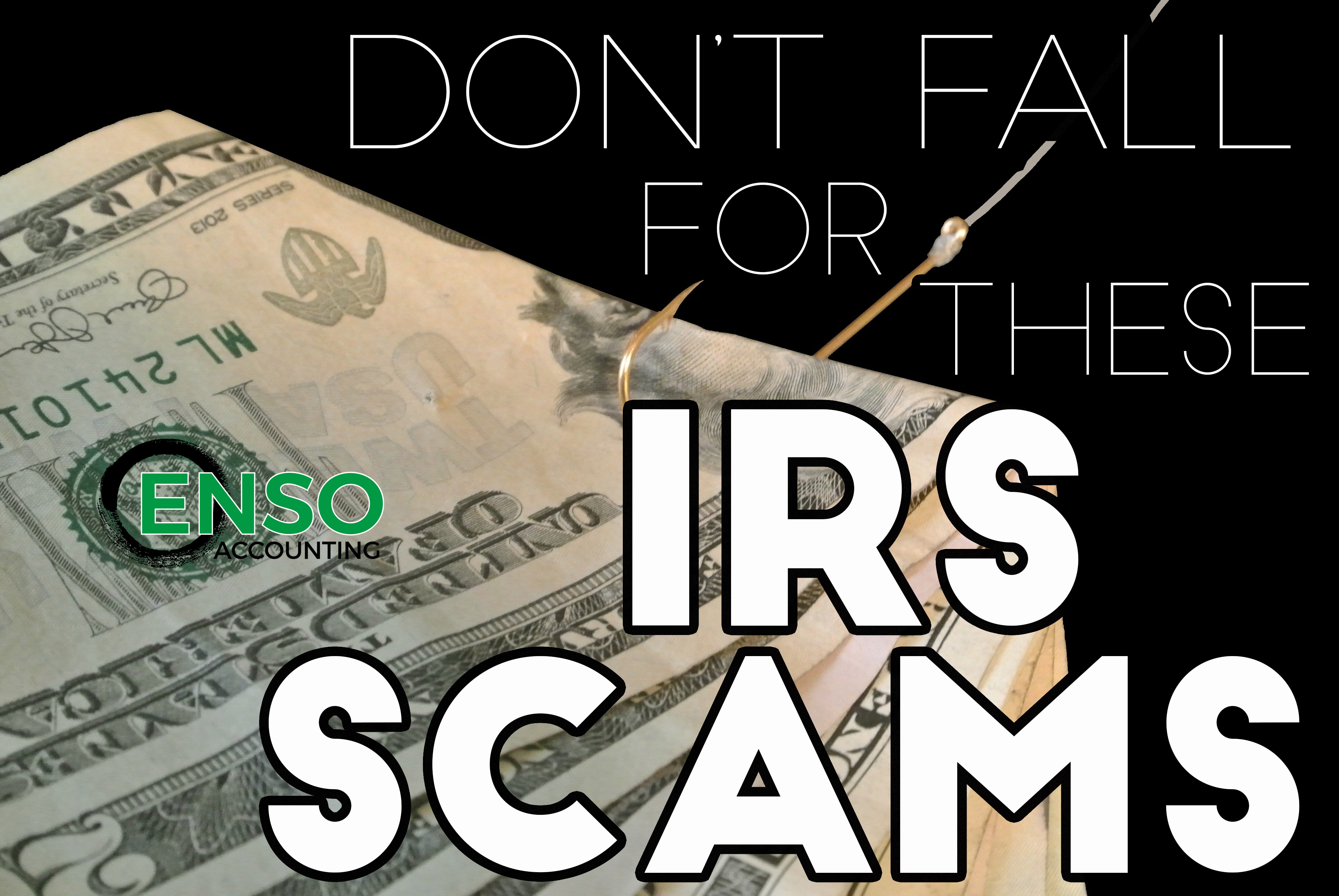Every year it seems like criminals come up with new consumer scams and 2018 is no exception. At the end of the year, as everyone’s shopping for the holidays and getting their financial records together for the IRS, it’s the prime time for tax fraud! You don’t have to be the next victim, though. Learn what scammers are doing to steal information and identities, so you can protect yourself.
From Phone Fraud
Have you ever received a phone call from the IRS? From the real IRS? While it’s not impossible, there are a few ways to separate a scammer from the actual agency. Although they may sound convincing and offer details to corroborate their story, remember, this is all part of the scam! They want you to believe them, so they’ll offer fake names, titles, and even employee identification numbers. Don’t be surprised if you see an official IRS number on your caller ID. This is a common technique called “spoofing” that leads to millions of identity thefts every year.
Ultimately, you have to listen to what they say, not necessarily how they say it. If they call you and demand payment over the phone, it’s definitely a scam. The IRS may call you to let you know there’s a problem or request information about your tax return. But they will never ask for money then and there. If they claim to need your credit or debit card information immediately, you can just hang up and call the IRS hotline at 1 (800) 829-1040 for verification. Requests for prepaid debit or credit cards, along with wire transfers, should be especially suspicious.
You also don’t need to provide other personal information, like your social security number or bank account number, over the phone. Even if they threaten to bring in local police officers or other law enforcement agencies (which is another red flag, by the way). Most IRS communication pieces come through the postal service, but scammers are catching onto this, too. So, you may receive fraudulent notices in advance of this phone call. As your accountant, I’m happy to assist you with this! We can contact the IRS together and get to the bottom of these accusations—before you provide them with any personal details.
From Phishing Scams
With so many people relying on email for communication, as opposed to landlines, phishers are growing more and more resourceful. After telling you that there was a problem with your recent payment to the IRS, or that you have an additional refund available, they’ll then direct you to a phony IRS website. Keep in mind, it’s designed to be convincing. These scammers have spent a lot of time making these sites appear authentic. Therefore, we always recommend that you try to access the website outside of the provided link and pay special attention to the URL. Does it say IRS.gov? Or simply IRSgov? This small detail makes a big difference when it comes to scams.
Do not feel obligated to provide any information through these channels. It helps to remember that the IRS prefers the postal service for any and all communications—sometimes even going so far as to use US certified mail. If you have any doubt as to the legitimacy of these emails, ask your accountant to review them! You can also forward it to phishing@irs.govto alert the real IRS to this latest scam.
In Conclusion
At ENSO Accounting, we’re a full-service accounting firm. We’re not just here to prepare your annual taxes, but also to help you create a financial plan and protect your assets. As IRS scams grow more and more sophisticated, it’s important to remain diligent. Although the IRS continues to communicate with taxpayers through letters and other paper communication pieces, the number of fraudulent phone calls and phishing emails only increases. If you receive something that seems suspicious, don’t hesitate to contact ENSO Accounting or the IRS. While we can help you determine its legitimacy and work with this government agency on your behalf, you should still report any and all scams to the Treasury Inspector General for Tax Administration.




